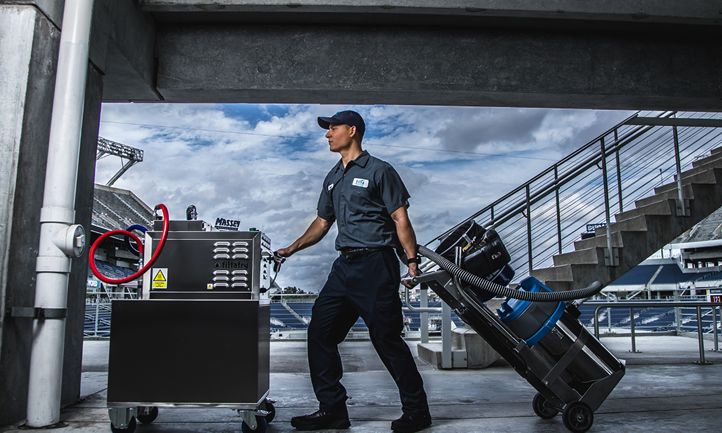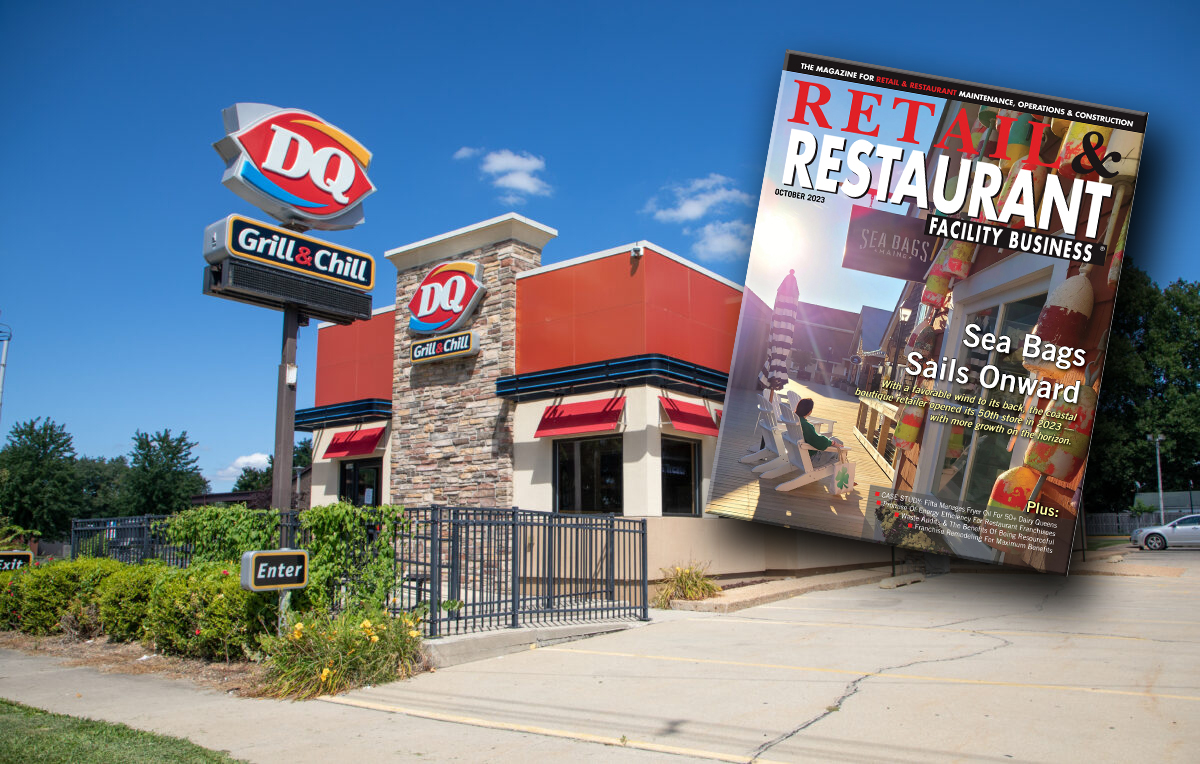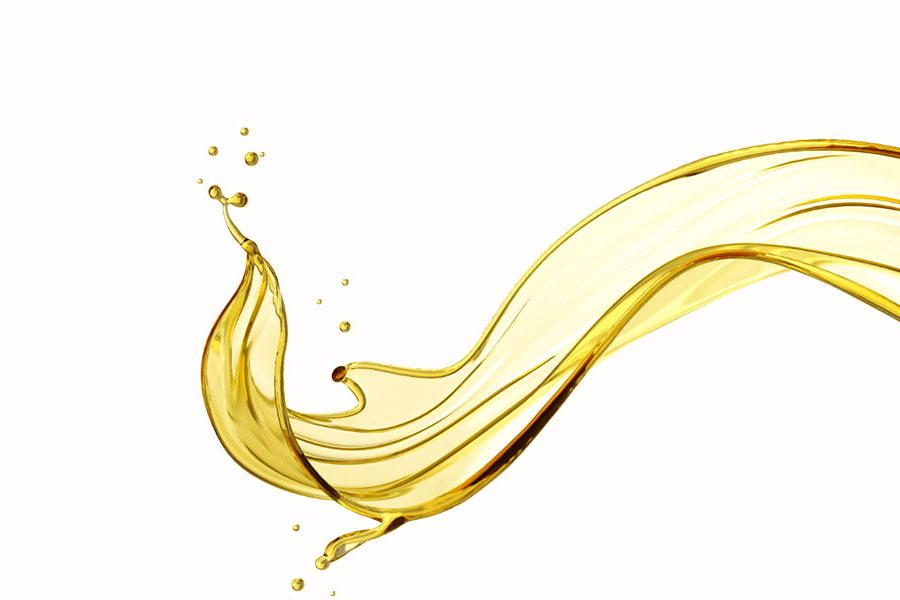If you’re not filtering the fryer oil in your commercial kitchen, you should be. Why? Because you’re flushing money right down the drain when you discard of it before it has reached the end of its useful life.
Since the pandemic began, the price of vegetable oil has more than doubled. Add in the supply chain issues generated with the Ukrainian/Russian conflict and there is some major trouble bubbling up in kitchen finances everywhere. However, there is a simple solution: micro-filtering the cooking oil using a service, such as Filta’s Active Fryer Management, which can stretch that precious commodity, providing a three-pronged win – win – win and a measurable competitive edge.
1. Save on Cooking Oil
Cooking oil filtration leads to a reduced overall oil consumption, allowing kitchen operators to spend less money on fresh oil, giving them a competitive advantage over a commodity that has become increasingly difficult to find. Filta’s proprietary micro-filtration system filters the cooking oil down to 3-5 microns (the size of a blood cell) and can potentially extend fryer oil life by up to 50%.
Reusing a perfectly fine product with plenty of life remaining in it is clearly more efficient from an economic and environmental perspective. Food can and does taste just as good when cooking oil is micro-filtered since the micro-filtration process removes the impurities and reduces the onset of chemical breakdown, resulting in consistent food presentation.
2. Reduce Waste
When commercial kitchens filter their cooking oil, they’re able to minimize waste by using less oil for cooking, which on the other hand means lessened carbon footprint on the environment. And the waste oil doesn’t really go to waste. After the oil has reached the end if its useful life, it is collected and sent to be recycled into biodiesel, providing an important new source of alternative fuel.
To quantify the environmental advantage, Filta provides an Environmental Impact Report (EIR) to interested customers. These EIRs take real data to show how the reduced waste can positively impact the environment. For example, Filta owners in California doing work in the fourth quarter of 2021 alone at just three venues (JT Schmid’s, the Honda Center, and UC Irvine Brandywine) yielded packaging savings, reduced greenhouse gas emissions, reduced fertilizers and pesticides for a total positive impact that was like planting nearly 3,400 trees. (422 trees from JT Schmid’s work + 1,117 trees from Honda Center impacts + 1,838 trees at UC Irvine Brandywine = 3,377, so nearly 3,400 total!)
With numbers like these and more and more businesses prioritizing environmental, social and governance (ESG), it’s clear to see why filtration is important.
3. Promote Kitchen Safety
No one wants a burn accident but sadly, that happens all too often in commercial kitchens nationwide with untrained workers rushing to do a dangerous job.
Consider that during one two-year period, emergency rooms treated almost 45,000 injuries among teenaged restaurant workers alone and nearly half of those injuries involved hot grease, according to the National Institute of Occupational Safety and Health (NIOSH). One of the last things any commercial kitchen operator wants is an employee accident.
When Filta comes in to service the fryers – whether filtrating or dumping – trained experts with proper equipment do the job, freeing up the kitchen staff for safer and more urgent jobs, preventing lost work time and increasing employee safety.
Cooking oil is a valuable resource but if not properly filtered it can be a major drain on your budget. Committing to filtering your fryer oil can potentially save you money and resources in the long run by extending the life of this critical ingredient in your foodservice operation.














